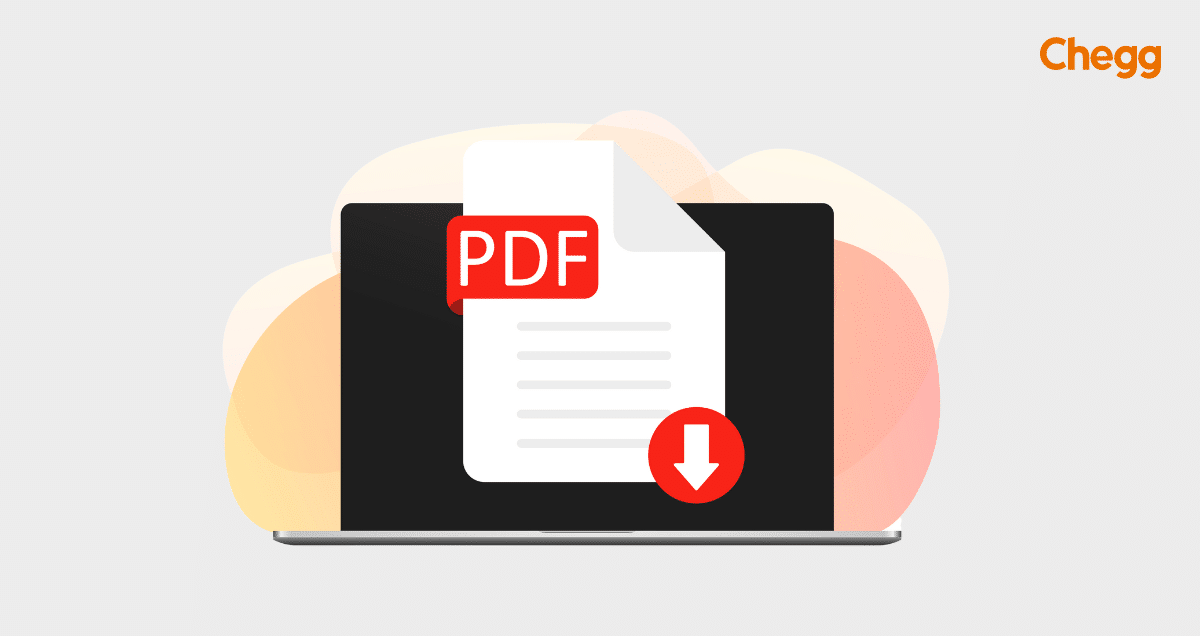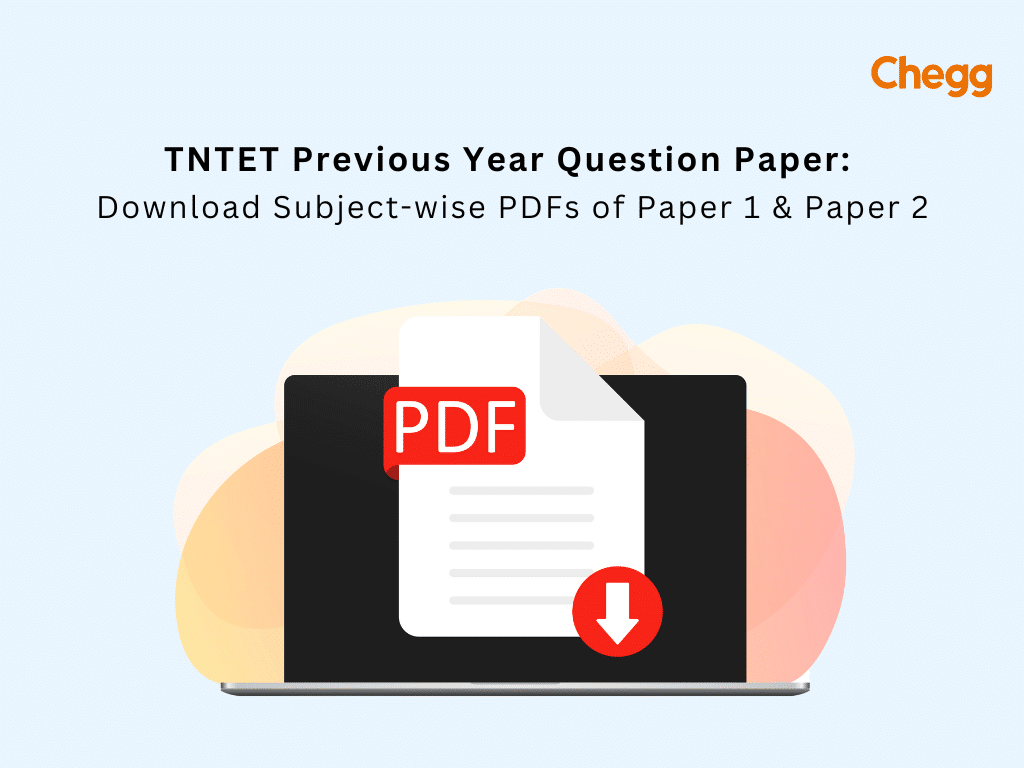TNTET Previous Year Question Paper: Download Subject-wise PDFs of Paper 1 & Paper 2

Table of Contents
Table of Contents
A teacher aspirant is well aware of the importance of the Teacher Eligibility Test (TET). The TNTET is a compulsory state-level examination for individuals seeking to teach in primary and secondary schools. Until 2019, around 33 lakh candidates have appeared for the test, with only 3.9% successfully clearing it.
Practising with the previous year’s question paper is an effective way to prepare for the upcoming exam. In this blog, you’ll find downloadable PDFs of the TNTET Previous Year Question Papers with answer keys.

TNTET Previous Year Question Paper
TNTET Previous Year Question Paper is a useful resource for aspirants preparing for the upcoming exam. While the importance of continuous study through books cannot be discounted it is also important to understand where to focus your efforts.
Understanding the difficulty level and the exam pattern will allow you to prepare for the exam accordingly. Buying books that promise to cover the TET exam syllabus may not be enough. Identifying your strengths and weaknesses can help you improve your overall performance.
TNTET Previous Year Question Paper: Download Now
According to the TNTET syllabus 2022, the subjects you have to focus on are
- Child Development and Pedagogy
- Languages – Tamil and English
- Mathematics and Environmental Studies for Paper 1
- Maths, Science and Social Studies for TNTET Paper 2.
Below are links for you to download TNTET question papers from 2019 and earlier. Use the TNTET Paper 1 and 2 pdf downloads below to prepare for your examination effectively.
| TNTET Previous year question papers and answer keys – Paper I & Paper II | ||
| Year | Question Paper | Answer Key |
| 2019 | Paper 1 Paper 2 | Paper 1 Paper 2 |
| 2017 | Paper 1 Paper 2 | Paper 1 Paper 2 |
| 2013 | Paper 1 Paper 2 | Paper 1 Paper 2 |
| 2012 | Paper 1 Paper 2 | Included in Paper 1 Included in Paper 2 |
Tips to Practise from TNTET Previous Year Question Paper
You have scoured the net for “TNTET question paper 2019 pdf download” or “TNTET question paper 2020 pdf download”. Once downloaded, it is essential to understand how to get the most out of these resources. The papers are essential resources that can help you understand the following
- Identifying important topics and questioning trends
- Assessing your strengths and weakness
- Effectively manage your time.

Benefits of Solving TNTET Previous Year Question Paper
Practising previous years’ papers can give you an edge during the examination. Here are some reasons that might inspire you to go through previous year’s question papers
1. Pattern recognition
To set out an effective study plan, understand the difficulty level and the exam pattern first. Previous years’ papers give you an insight into questioning trends and the format of the paper.
2. Identify challenges
By solving TNTET Previous Year Question Papers, you can identify your strengths and weaknesses in various subjects. Tailor your preparation strategy accordingly. Focus on building on your stronger areas and tackling your weak ones through study.
3. Build your confidence
Confidence is a key factor in exam success. Solving previous years’ papers can help you revise and assess your progress. Practising with TNTET Previous Year Question Papers will also familiarise you with the exam format and the types of questions asked.
4. Time management
TNTET is a time-bound exam, and you must answer 150 questions in a limited amount of time. Solving TNTET Previous Year Question Papers can help you learn how to effectively manage your time during the exam.
The Importance of Solving the TNTET Papers
The TNTET syllabus 2022, TNTET paper 2 question paper 2019 pdf download, and TNTET question paper 2019 pdf download are essential resources when preparing for the TET.
It helps you develop your time management skills, which are crucial for cracking the exam. Solving the previous year’s papers also helps identify the exam’s difficulty level. Recognising the patterns and the type of questions asked will help you immensely during the exam.
Download the subject-wise PDFs of TNTET 1 and 2 from the official website and start practising.
Frequently Asked Questions (FAQ’s)
Which book is best for TNTET Paper 1?
Look for English language and quantitative aptitude books for Maths. Books by R.S. Aggarwal, Sura, Lucent and Wiley Publication are well-known for efficient exam preparation.
What are papers 1 and 2 in TNTET?
Paper 1 is for those aiming to become primary teachers, and paper 2 is for upper primary teachers.
Which book is best for TET exam?
You can look at the current TET syllabus on the official websites to determine the best books for preparation.
How can I prepare for the TET exam in TN?
Invest in books that cover the syllabus. Refer to TNTET syllabus 2022 (Paper 1 & Paper 2) if the current syllabus is not yet released. Download TNTET’s previous years’ question papers to prepare. This will help you understand the exam pattern, develop time management skills and more.
How can I prepare TET at home?
Study with books that cover the syllabus, and use previous year’s papers to understand the exam pattern and questioning trends.
How do I crack TET?
Make a study plan and use reference books to study. Ensure that you are updated on all current affairs. Practise with mock papers and previous year’s papers to familiarise yourself with the exam pattern. Work on your weak subjects and revise to keep up with your strong areas.